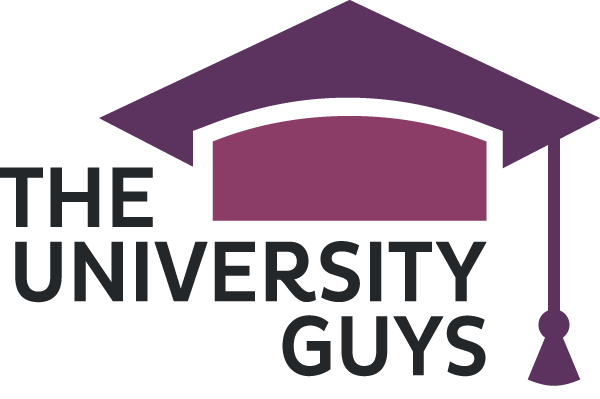So often I hear it: I / my child / our students can only go to a top university. Delve down into what people mean by ‘top university’ and there’s generally a mishmash of things: highly ranked, has a good name brand, somewhere where my friends have gone.
Yet, behind this there is very little reality. Many people will make reference to rankings, and look at things like the Times Higher Education and QS Rankings. Both of which rank heavily on research output or reputation, with almost no focus on the quality of undergraduate teaching. Or else in the UK look at the Russell Group as the ‘top’, while ignoring the fact that it’s a self-selecting group which never makes up the top group of any subject-by-subject ranking table.
I was recently told a story (perhaps apocryphally) about the US News & World Report rankings, the most widely-used rankings of US universities. So the story goes, they attempted to rewrite their metrics to look at a range of different factors, and then plugged all the US universities into the new system. When the famous names didn’t appear in the top 50 universities, instead of publishing these new rankings they fiddled with them until the list looked the way it ‘should’…
That’s why it is so heartening to see this list:
Yes, some of the name-brand universities appear towards the top, but seeing universities like Harper Adams, Chichester and Trinity St David (Lampeter, in old money) up there too is hugely heartening and reflects what many of us in this field have always known: the so-called ‘top’ universities don’t offer the ‘best’ education. This quote from the THE article is telling: “a primary aim of most students is to come out of university feeling more educated than when they went in and to achieve their degree.” Isn’t it sad that this is something which needs pointing out?
In a recent Facebook discussion for independent counselors, a friend who does similar work to me in the Philippines asked how to advise students who aim too high, on the off-chance they might get in somewhere. My reply sums up my philosophy in this area, something which is important whichever university system students are thinking about:
“I’ve found this works: even if you did sneak in, what would it feel like to be (one of) the weakest students in every class you take, every day, for four years? Wouldn’t you rather be somewhere where you are of a similar level to everyone else? One of my standard questions is to ask students where they like to be in any class: at the very top, in the top third, in the middle or at the bottom. No-one ever says at the bottom. That question helps explain why super-reach schools are not a good idea.”
Going to university shouldn’t be like purchasing a product, being able to show off to one’s friends the type of car or the flashy phone that you own. It should be an education, fit to the needs of the student, which is transformative.
I am blessed to work with people around the world who agree with me, and to see a growing awareness that ‘top universities’ is a term which means nothing. There’s no way of summing this up better than by watching this video, made by the founder of IC3 Ganesh Kohli #mollyteacher









